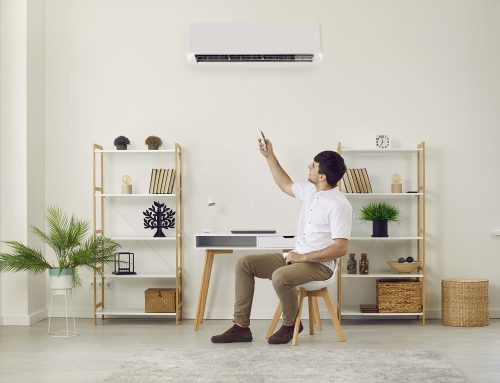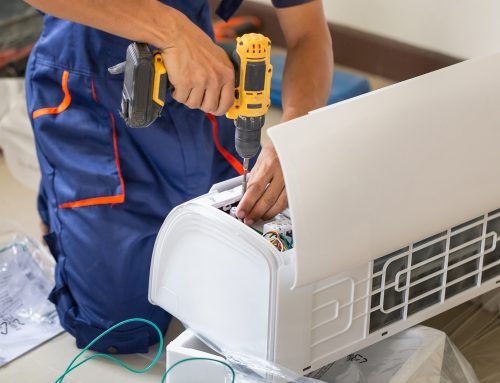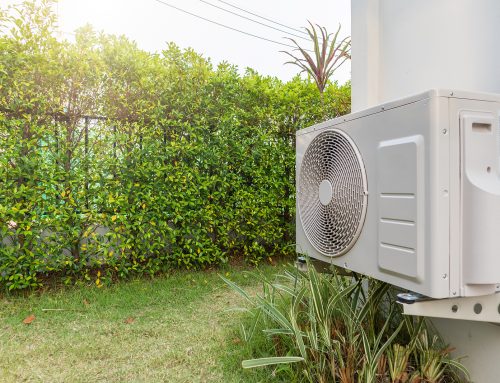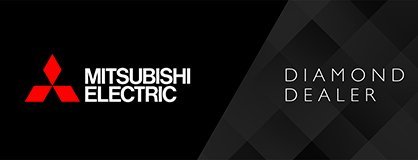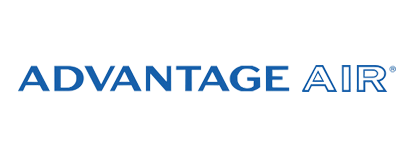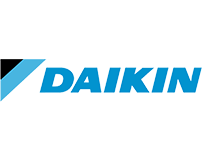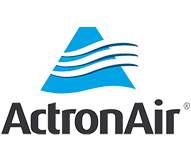A lot of people don’t realise that there is a bit of a difference between cooling down your home and cooling down your business. We get it – you might not really care for the intricacies; all you care about is keeping cool at your home or during your workday.
But the simple reality is that the same tricks you use to keep your family cool during summer aren’t going to work at a large factory, warehouse, shopping centre, or school.
That’s why you need expert consultation, assessment, and installation, to ensure your air conditioning system – whether it’s for your home or a larger commercial property – will meet your needs and keep your family, customers, visitors, clients, and employees comfortable.
This week, we’re taking a closer look at the major differences between commercial and residential air conditioning systems.
Confused by all your options? Organise an on-site inspection from the most trusted air conditioning Brisbane team – Tri-Tech today!
Whether you need commercial air conditioning in Ascot or residential air conditioning in Carindale, we’re ready to assist. Call us now on (07) 3394 0222 or fill in this form to tell us a little more about your property.
What is commercial air conditioning?
Commercial air conditioning is any cooling system that is installed in the workplace.
Just like air conditioning systems in the home are different to air conditioning layouts at work, each workplace will have different needs.
For example, a restaurant is going to need a completely different air conditioning system than an office space: the patrons in your restaurant or cafe are going to have different cooling needs than the chefs in your hot, busy kitchen.
What are the different types of commercial air conditioning systems?
- Fresh air systems
- Car park ventilation
- Building management systems
- Ducted systems
- Multi-split systems
- Evaporative coolers
- Water and air chillers
- VRV/VRF systems
What is residential air conditioning?
Residential air conditioning is simply the air conditioning system that families choose to have in their home.
The choice of air conditioner and the layout of the system will depend on three main factors:
- What it is each family is looking to get out of their air conditioning
- How different rooms in the home are used (and how frequently)
- The unique dimensions and features of their home (for example, orientation, window size, building material, and roof space)
What are the different types of residential air conditioning systems?
Residential systems are typically less expensive to install and maintain, while their design is a little simpler than complex commercial systems.
The most common types of systems include:
- Wall hung split systems
- Ducted heating and cooling systems
- Multi split systems
- Evaporative cooling
- VRV/VRF systems
What is the difference between commercial and residential HVAC?
1. Customisation
Generally you will find that commercial air conditioning systems are more customised to the needs of the building.
This is because a commercial building tends to have more diverse needs from a cooling unit than a home does. This means that the air conditioning system needs to be able to keep up with the demands of a commercial building, and thus requires greater customisation.
Customisation is of course not impossible for your family home, but as a general rule, it’s usually less complicated than a commercial job.
2. Capacity
The average home air conditioning unit usually has a capacity between 2 and 25 kilowatts. In comparison most commercial buildings have air conditioners that range between 10 to 100 kilowatts.
Larger commercial buildings can commonly invest in a system with a capacity as high as 100 to 200 kilowatts. Of course, a larger space negates a more powerful system.
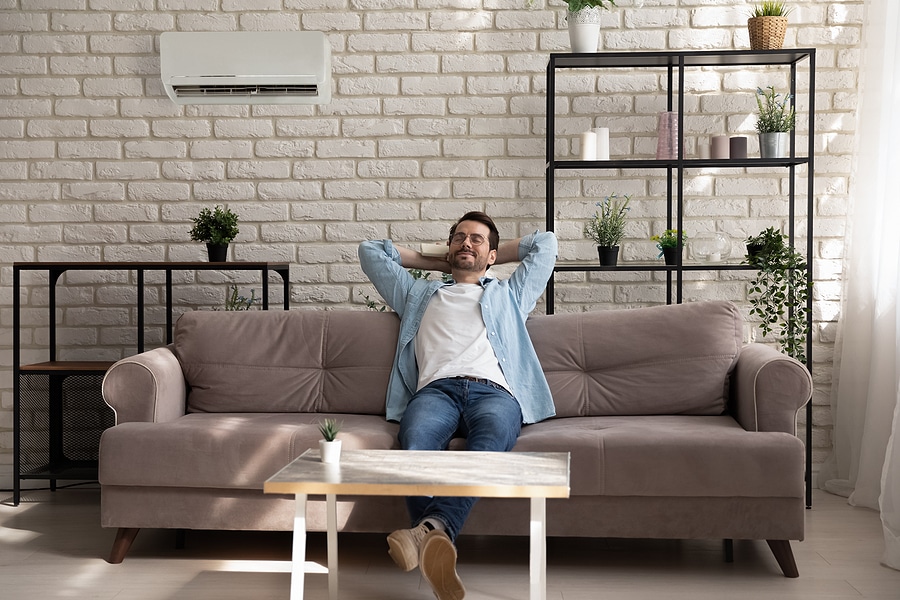
3. Energy efficiency
Most homes are powered by a single phase air conditioning unit. This kind of unit requires one wire for the unit to be connected.
Commercial properties are most likely to use a three phase unit. As the name suggests, this kind of unit uses three wires to connect the unit.
The three phase unit is more energy efficient because it requires a smaller amount of conductor materials when harnessing the same amount of power.
4. Maintenance
Air conditioners in the home only require an annual service. This is understandable as they are usually under less strain, and typically only operate during peak hot (or cold) periods. They can in fact lay relatively dormant for a large portion of the year.
This makes the toll on residential air conditioners a lot lower than commercial air conditioners.
In comparison, your commercial air conditioning system needs to be serviced much more frequently.
Tri-Tech offers not only rapid-response service and repairs when something goes wrong, but also organises service contracts to ensure each facet of your system is performing optimally. These inspections allow us to identify any small or future problems and stop them in their tracks before they escalate.
They also help to prolong the life of your air conditioner, and importantly, keep everyone in your building healthy and cool during summer.
5. Insurance
Insurance for air conditioning in your home is going to be a little bit cheaper, but that’s because it will only cover the standard things.
When you get insurance for commercial air conditioning it tends to cover quite a bit more.
In addition to covering you for motor fusion and storm damage, it can also cover you for things like loss of income. This is to ensure you are covered if your air conditioner causes a system shutdown that requires you to close your business.
6. Life span
Commercial air conditioning will generally last you longer, because it is bigger and it is more durable, and has a higher kilowatt capacity.
It is also serviced more regularly, so any issues or faults will be found and rectified quickly.
7. Warranty
The average residential air conditioning unit has a manufacturer warranty of about 5 years. The installation warranty on a residential unit is usually about 1 year.
In comparison, a warranty on the installation of a commercial air conditioner may have what is called a DLP. This is the period of time, beginning after installation, in which a tradie will return to fix any issues with the installation. A DLP can be anywhere between 6 and 24 months.
Additionally, Tri-Tech are warranty agents for Mitsubishi Electric and Daikin. That means if you have any problems with your system from these 2 brands, we are officially licensed and qualified to perform repairs, maintenance, and parts replacement.
How much is a new residential and commercial air conditioning system?
The cost of any new air conditioner, whether residential or commercial, can vary quite a bit.
That’s why it’s a good idea to have a chat to our experts at Tri-Tech before you make any decisions.
This will all depend on size, system design, functions, and capacity.
Interest free air conditioning
When you decide to work with our team at Tri-tech, you can benefit from interest free air conditioning.
That means we will install your air conditioning, and offer you a payment plan that is completely interest free to ease the burden. Signing up is quick and easy, and can be completed online.
Choose Tri-Tech for residential and commercial air conditioning in Brisbane
If you’re looking for residential or commercial air conditioning in Brisbane then give the team at Tri-Tech a call.
We service the entirety of greater Brisbane; our mobile tech team is constantly on the move, delivering both residential and commercial solutions, fixes, and support across town!
Call (07) 3394 0222 or fill in this form to tell us a little more about your home or commercial space.


